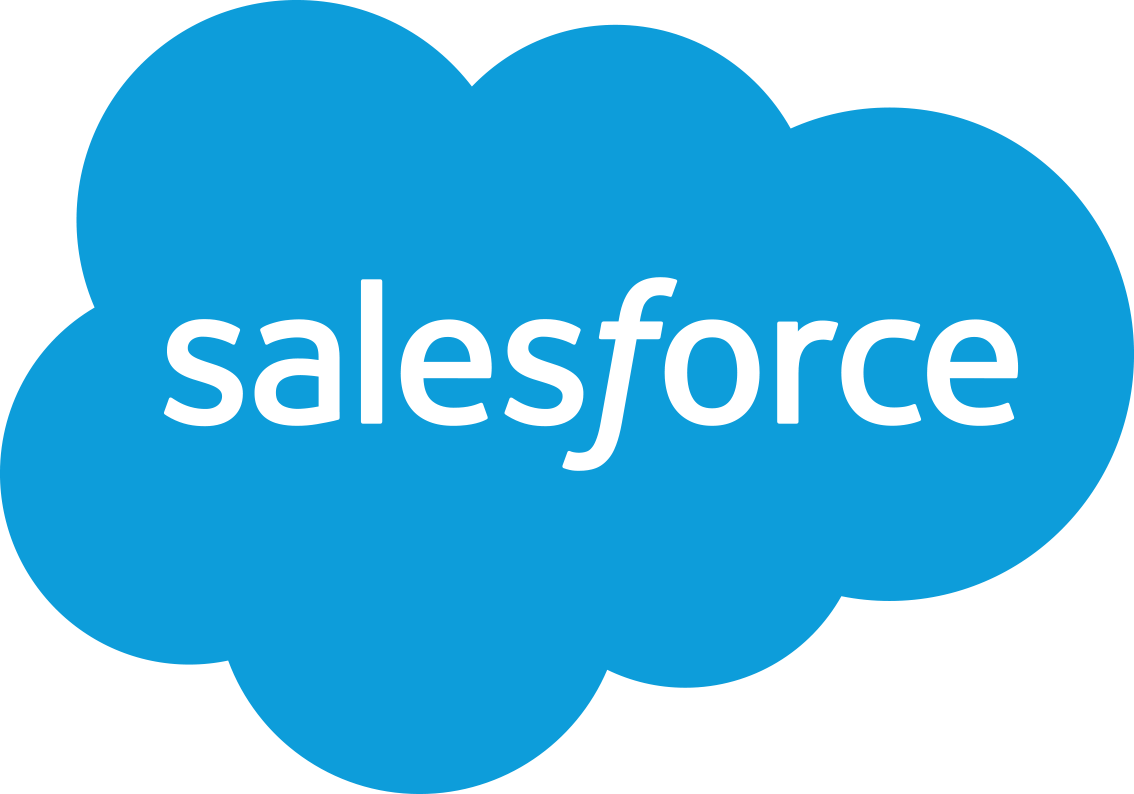Memo from San Francisco + Reading Roundup
OpenAI machinations, GPT-4 evaluations, cram-downs, and Deel speed.
I flew into San Francisco Monday. This week, wind and rain upended trees and sent a couch flying off a skyscraper.
I’ve been making the rounds at venture capital firm offices and South Park coffee shops while getting ready for the Cerebral Valley AI Summit next week (and for my bachelor party this weekend in Point Reyes).
Fortunately or unfortunately — depending on your perspective — the conference is completely at capacity. Pleas in my DMs and inbox have gotten increasingly impassioned/unhinged. I simply do not have any tickets left.
Don’t worry, though, this newsletter will be the vehicle by which you can experience the March 30 conference by proxy.
I’ve got a few quick bullets with the takeaways from my meetings and then a roundup of the stories you should be tracking.
This post is sponsored by
Looking to put your small business on a path towards success?
Our new FREE Small Business Growth Kit provides guidance to make the trek easier:
Automate workflows to free up the workforce
Improve sales and customer satisfaction
Scale up while driving productivity
Establish your V2MOM (Vision, Values, Methods, Obstacles and Measures)
Plus, you’ll find expert tips for a winning sales pitch. Just click below to start your journey towards success.
A few quick takeaways from my San Francisco meetings and then some links:
Cram-downs are on everyone’s mind. This week, The Information wrote about fitness company Tonal raising money at a valuation 90% below its last round and about Benchmark-backed Good Eggs raising at a 94% cut to its valuation.
OpenAI looms large. Every few weeks, OpenAI seems to make an announcement that leapfrogs a bunch of fast-moving startups and GPT-wrappers. This week, OpenAI announced ChatGPT plugins that should bring the internet to ChatGPT and are yet another big development for the company.
The investor energy remains concentrated around seed and early-stage rounds. Everyone is trying to justify their focus on early-stage rounds and stand out in a market that’s all circling seed and Series A deals.
Meanwhile, many companies that raised hundred million dollar rounds in 2021 have simply been slow to fundraise in such a harsh environment.
People feel like they dodged a bullet with Silicon Valley Bank getting federal protection for depositors.
The public and technologists alike are ecstatic about artificial intelligence. The hype is only building: I’ve been fielding calls from filmmakers and news crews hunting for AI stories in Cerebral Valley. Researchers are calling Chat-GPT an “early (yet still incomplete) version of an artificial general intelligence (AGI) system.” Large language models look like the new powerful tool for coders.
However, many investors are skeptical about the lofty valuations for companies without revenue.
Incumbent “startups” like Canva, Notion, and Quora are aggressively trying to build AI tools.
This feels like the biggest platform shift since the shift to mobile. Bill Gates wrote this week, “The development of AI is as fundamental as the creation of the microprocessor, the personal computer, the Internet, and the mobile phone.”
What I’m Reading
The secret history of Elon Musk, Sam Altman, and OpenAI | Semafor
[I]n early 2018, Musk told Sam Altman, another OpenAI founder, that he believed the venture had fallen fatally behind Google, people familiar with the matter said.
And Musk proposed a possible solution: He would take control of OpenAI and run it himself.
Altman and OpenAI’s other founders rejected Musk’s proposal. Musk, in turn, walked away from the company — and reneged on a massive planned donation. The fallout from that conflict, culminating in the announcement of Musk’s departure on Feb 20, 2018, would shape the industry that’s changing the world, and the company at the heart of it.
Shivon Zilis, Musk Associate, Leaves OpenAI Board | The Information
Shivon Zilis, director of operations at Elon Musk’s Neuralink, has stepped down from the board of OpenAI, according to a person familiar with the move and Zilis’ LinkedIn profile.
Her departure follows public criticism of OpenAI from Musk, who aside from being her boss at the brain-computer interface startup Neuralink is also the father of her twins. Musk, who is widely cited as a cofounder of OpenAI but cut ties several years ago, has lately criticized the content controls OpenAI has applied to its ChatGPT technology. Conservative activists have accused the artificial intelligence chat bot of having a liberal bias.
The Age of AI has begun | Bill Gates
The development of AI is as fundamental as the creation of the microprocessor, the personal computer, the Internet, and the mobile phone. It will change the way people work, learn, travel, get health care, and communicate with each other. Entire industries will reorient around it. Businesses will distinguish themselves by how well they use it.
Cheating is All You Need | Steve Yegge
There is something legendary and historic happening in software engineering, right now as we speak, and yet most of you don’t realize at all how big it is.
LLMs aren’t just the biggest change since social, mobile, or cloud–they’re the biggest thing since the World Wide Web. And on the coding front, they’re the biggest thing since IDEs and Stack Overflow, and may well eclipse them both.
…
The punchline, and it’s honestly one of the hardest things to explain, so I’m going the faith-based route today, is that all the winners in the AI space will have data moats.
A “data moat” is, in a nutshell, having access to some data that others do not have access to.
You need a data moat to differentiate yourself in the LLM world.
Why? Because the data moat is how you populate the context window (“cheat sheet”).
If you can’t feed the LLM your whole code base, and you can only show it 100k characters at a time, then you’d better be really goddamn good at fetching the right data to stuff into that 100k-char window. Because that’s the only way to affect the quality of the LLM’s output!
Sparks of Artificial General Intelligence: Early experiments with GPT-4 | Microsoft Research
GPT-4’s performance is strikingly close to human-level performance, and often vastly surpasses prior models such as ChatGPT. Given the breadth and depth of GPT-4’s capabilities, we believe that it could reasonably be viewed as an early (yet still incomplete) version of an artificial general intelligence (AGI) system.
Deel Speed: The inside story of a $12 billion HR startup's breakneck growth | Insider
In aid of its global expansion, it hired at least half of its thousands-strong workforce as independent contractors, doing everything from sales to senior management. This was to the surprise of some workers, who thought they were applying to be full-time employees, but were instead hired for the same job but as long-term contractors.
The strategy let Deel hire quickly in countries it didn't have a legal presence in yet. But it meant workers didn't receive basic employment rights they would have been entitled to if they were traditional employees. Some were concerned that they might have been legally misclassified, which if it were true could have severe legal penalties.
Deel says it complies with all relevant labor laws. The company presents its use of contractors as empowering for modern, global workers — and a potential model for the future of work.
Even Bouaziz, the startup's globe-trotting CEO, is an independent contractor.
Insider spoke with more than 30 current or former Deel workers about the HR company's extraordinary rise, and the unconventional tactics that made it possible. They described a hyper-speed startup, driven by an invigorating mission and a grow-at-all costs approach that is blistering even by Silicon Valley standards. Workers pulled long hours in a frenetic workplace. And some were also surprised to see various members of the Bouaziz family occupying high-ranking positions at the company.
Tonal’s Valuation May Fall 90% in ‘Cram-Down’ Financing | The Information
Tonal, a fitness startup with a cadre of celebrity backers, is crunched for cash after failing to find a buyer. The company now may take a drastic step: raising money at a valuation nearly 90% lower than its last one, in a deal that would effectively wipe out the stakes of many existing investors, people familiar with the matter said.
Good Eggs Cuts Its Valuation 94% in Lifeline Financing as More Startups Get Desperate | The Information
As more startups struggle to raise money from venture capitalists and approach bankruptcy, they are going to extreme lengths to stay afloat. The latest example is Good Eggs, which delivers fresh produce and other groceries.
The company this month raised around $7 million from Greenwich, Conn., hedge fund Glade Brook Capital Partners at a pre-investment valuation of $15 million, said two people with knowledge of the deal. That represents a 94% valuation drop from late 2020, when the pandemic boosted food-delivery services and the startup raised $60 million at a pre-investment valuation of $270 million, one of these people said. The new deal also effectively wiped out the value of stakes held by earlier investors such as Benchmark that chose not to contribute more money.
A 16-Month-Old Chatbot Startup With No Revenue Is Now a $1 Billion Unicorn | WSJ
A 16-month-old chatbot startup is now a $1 billion unicorn.
Character.AI, a Silicon Valley company started by two former Google employees, said Thursday it raised $150 million in a new funding round led by well-known venture-capital firm Andreessen Horowitz. The new investment values Character.AI at $1 billion.
A representative for the company said Character.AI doesn’t generate revenue but might offer a premium subscription service in the future.
The private company is the latest to raise money in the AI-development race set off by the startup OpenAI, which released its buzzy chatbot ChatGPT in November. It also comes about two weeks after Silicon Valley Bank collapsed, straining venture-backed startups that kept their money there.
The Death of Peter Thiel’s ‘Kept’ Romantic Partner Is Being Investigated As a Suicide | The Intercept
JEFF THOMAS, a model and social media influencer who was recently in a long-term relationship with billionaire Peter Thiel, said he spent much of his time with the tech mogul working to persuade him away from his increasingly aggressive pursuit of a culture war — a war that Thomas warned was blowing back on their community.
“I don’t side with him on a lot of political things, but I understand him,” Thomas told me in an interview last November. “I’m trying to influence him in ways to show him my heart, and show him how it affects myself, certain individuals, himself.”
Thomas said that he felt like he had made strides with Thiel, though his effort was cut short earlier this month, on March 8, when he died tragically. His death is being investigated as a possible suicide, according to a Miami Police Department report and sources who have been contacted by the police for information. Miami police have been in contact with Thiel, and will interview him as part of the probe, two sources with knowledge of the investigation said.






